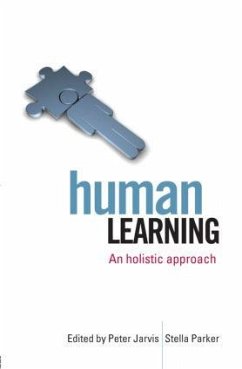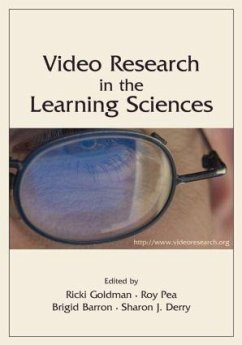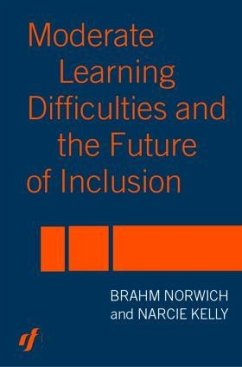
The Philosophy of Human Learning
Versandkostenfrei!
Versandfertig in 1-2 Wochen
65,99 €
inkl. MwSt.
Weitere Ausgaben:

PAYBACK Punkte
33 °P sammeln!
The Philosophy of Human Learning addresses current concerns with the nature of human learning from a distinctive philosophical perspective. Using insights derived from the work of Wittgenstein, it mounts a vigorous attack on influential contemporary accounts of learning, both in the 'romantic' Rousseauian tradition and in the 'scientific' cognotivist tradition. These two schools, Professor Winch argues, are more closely related than is commonly realised.














